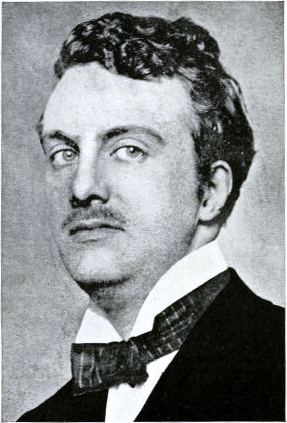Alberto Zum Felde facts for kids
Alberto Zum Felde (born in Bahía Blanca, Argentina, either in 1887, 1888, or 1889 – died in Montevideo, Uruguay, on May 6, 1976) was a very important Uruguayan historian, critic, and essayist. He spent most of his life in Uruguay.
He was known for his deep thoughts about culture and society. Many people, like the famous thinker Arturo Ardao, saw Zum Felde as a key figure in understanding the ideas about culture in the Americas. He helped shape how people thought about history and literature in his time.
Alberto Zum Felde was also one of the nine people who first started the Uruguayan Academy of Letters. This is a special group of important writers and thinkers in Uruguay. They work to protect and promote the Spanish language and literature in their country.
A Life of Ideas
Alberto Zum Felde dedicated his life to studying and writing. He explored many different topics. These included history, literature, and the big questions about human culture. He wrote many books and essays that made people think.
What is an Essayist?
An essayist is a writer who shares their thoughts and ideas on a specific topic. They write essays, which are shorter pieces of writing. These pieces often explore a subject from different angles. Zum Felde was a master at writing essays. He used them to share his views on Uruguayan history and culture.
His Contributions to Culture
Zum Felde's work helped people understand Uruguay's past. He also helped them think about its future. He looked at how literature reflected society. He also explored how society influenced literature. His writings are still studied today by students and scholars. They offer valuable insights into the history of ideas in Latin America.
Important Works
Alberto Zum Felde wrote many influential books. These books covered a wide range of subjects. Here are a few examples of his important works:
- Proceso histórico del Uruguay (1919): This book explored the history of Uruguay. It looked at how society developed over time.
- Crítica de la literatura uruguaya (1921): In this work, he analyzed Uruguayan literature. He shared his critical views on different writers and styles.
- Proceso intelectual del Uruguay (1930): This book focused on the intellectual journey of Uruguay. It examined the ideas that shaped the nation.
- El problema de la cultura americana (1943): Here, he discussed the challenges and unique aspects of American culture. He explored what makes it special.
- Índice crítico de la literatura hispanoamericana (1954, 1959): These books were a big project. They offered a critical guide to Spanish-American literature. They covered essays and stories.
His books helped shape how people understood literature and history. They are still important for anyone studying these topics in Uruguay and beyond.
See also
 In Spanish: Alberto Zum Felde para niños
In Spanish: Alberto Zum Felde para niños


